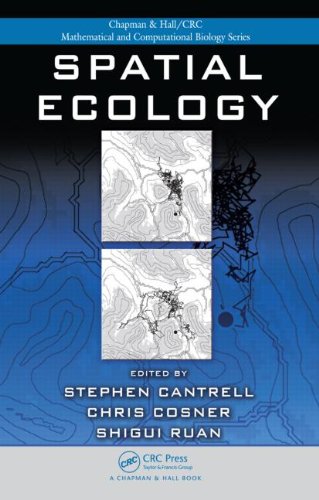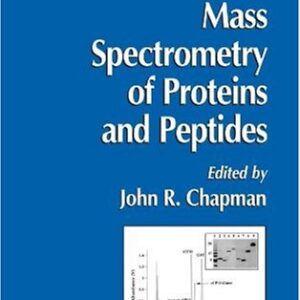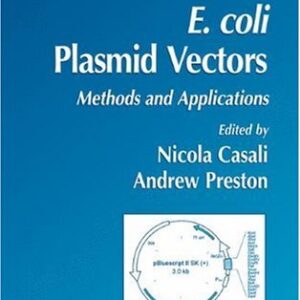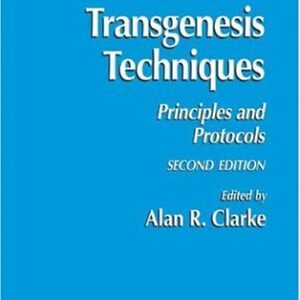Exploring the relationship between mathematics and ecology, Spatial Ecology focuses on some important emerging challenges in the field. These challenges consist of understanding the impact of space on community structure, incorporating the scale and structure of landscapes into mathematical models, and developing connections between spatial ecology and evolutionary theory, epidemiology, and economics.
The book begins with essays on how spatial effects influence the dynamics of populations and the structure of communities. It then discusses how spatial scale and structure and dispersal behavior connect to phenomena in population dynamics, evolution, epidemiology, and economics. Subsequent chapters focus on the interplay of ecology with evolution, epidemiology, and economics. The chapters on ecology and evolutionary theory provide a guided tour through a number of scenarios and modeling approaches that represent active areas of current research and suggest some paths toward conceptual unification. The book then illustrates how problems in epidemiology and ecology can be profitably addressed by similar modeling regimes. It concludes with essays that describe how ideas from economics, ecology, and quality control theory may be combined to address issues in natural resource management.
With contributions from some of the best in the field, this volume promotes the advancement of ecology as a truly quantitative science, particularly as it touches on the role of space. The book will inspire readers to open up new areas of research in the mathematical theory of spatial ecology and its connections with evolutionary theory, epidemiology, and economics.






Reviews
There are no reviews yet.